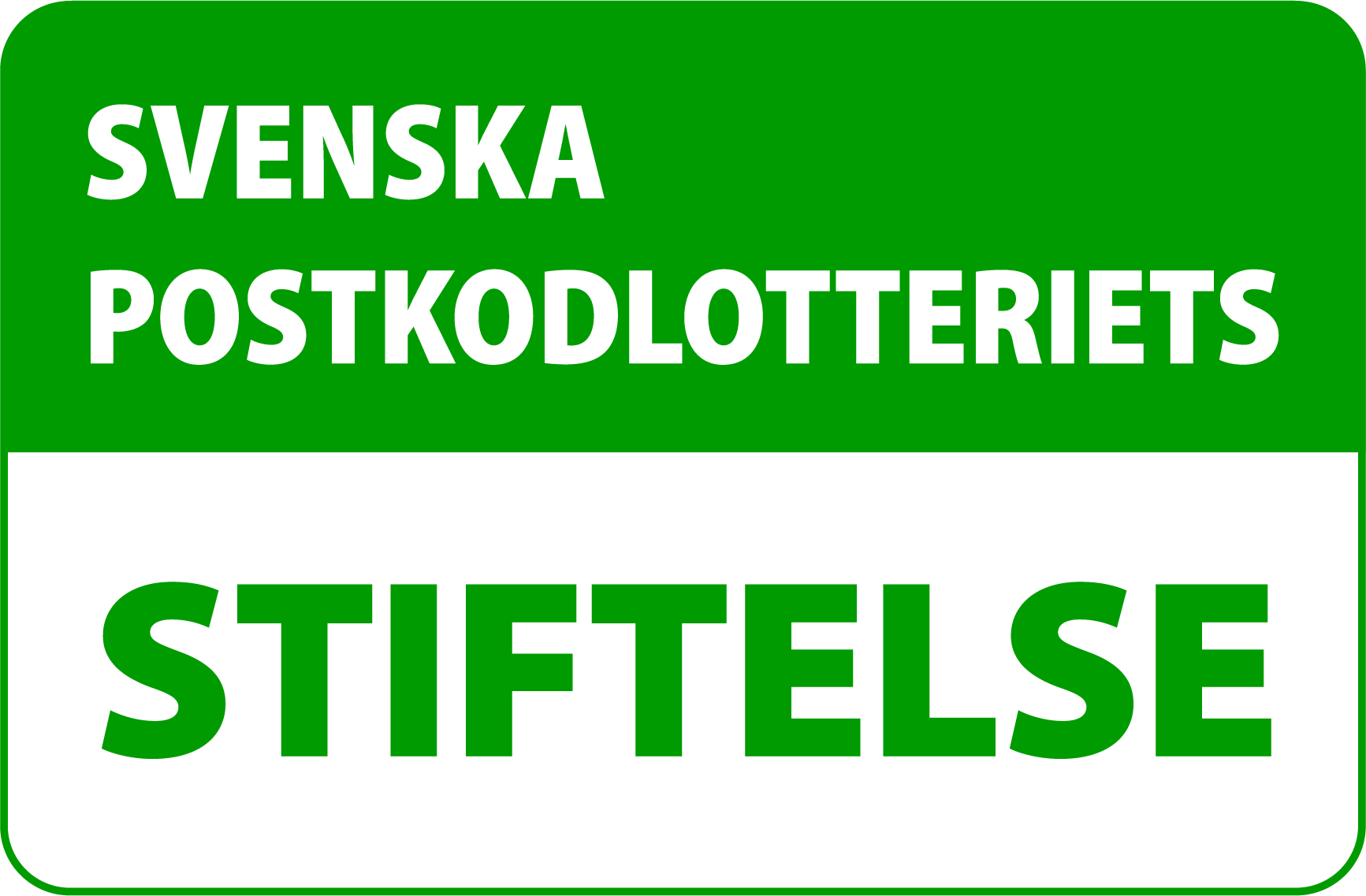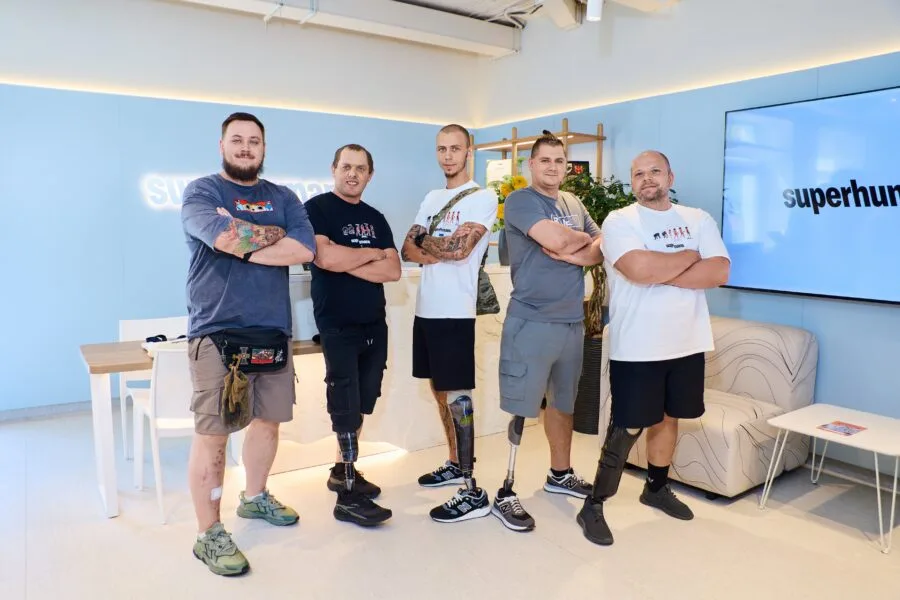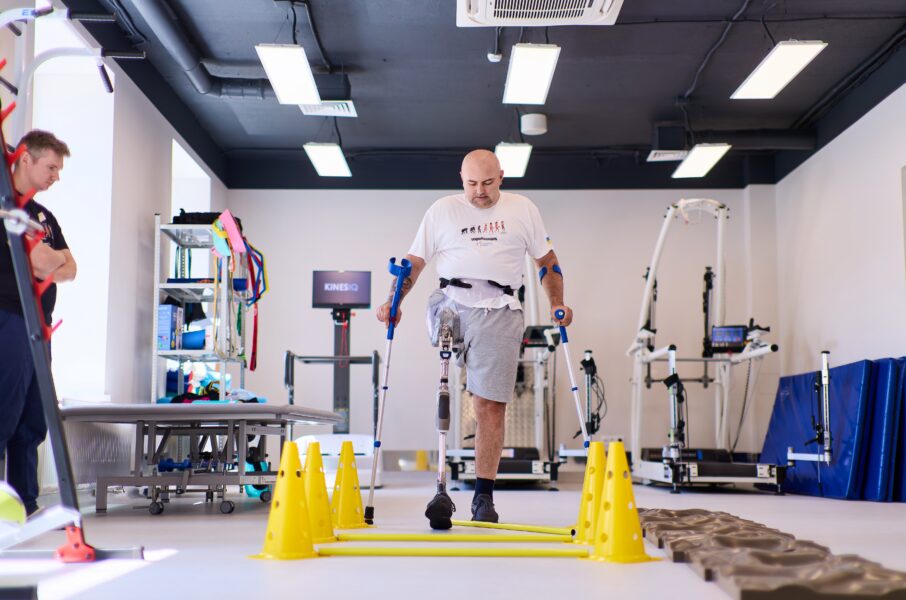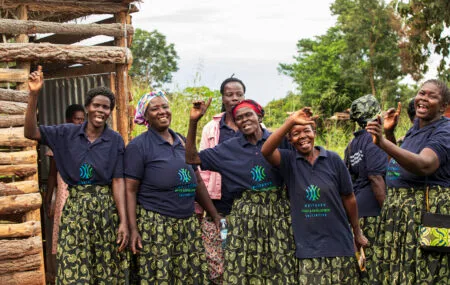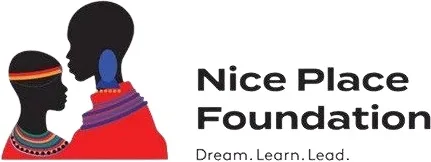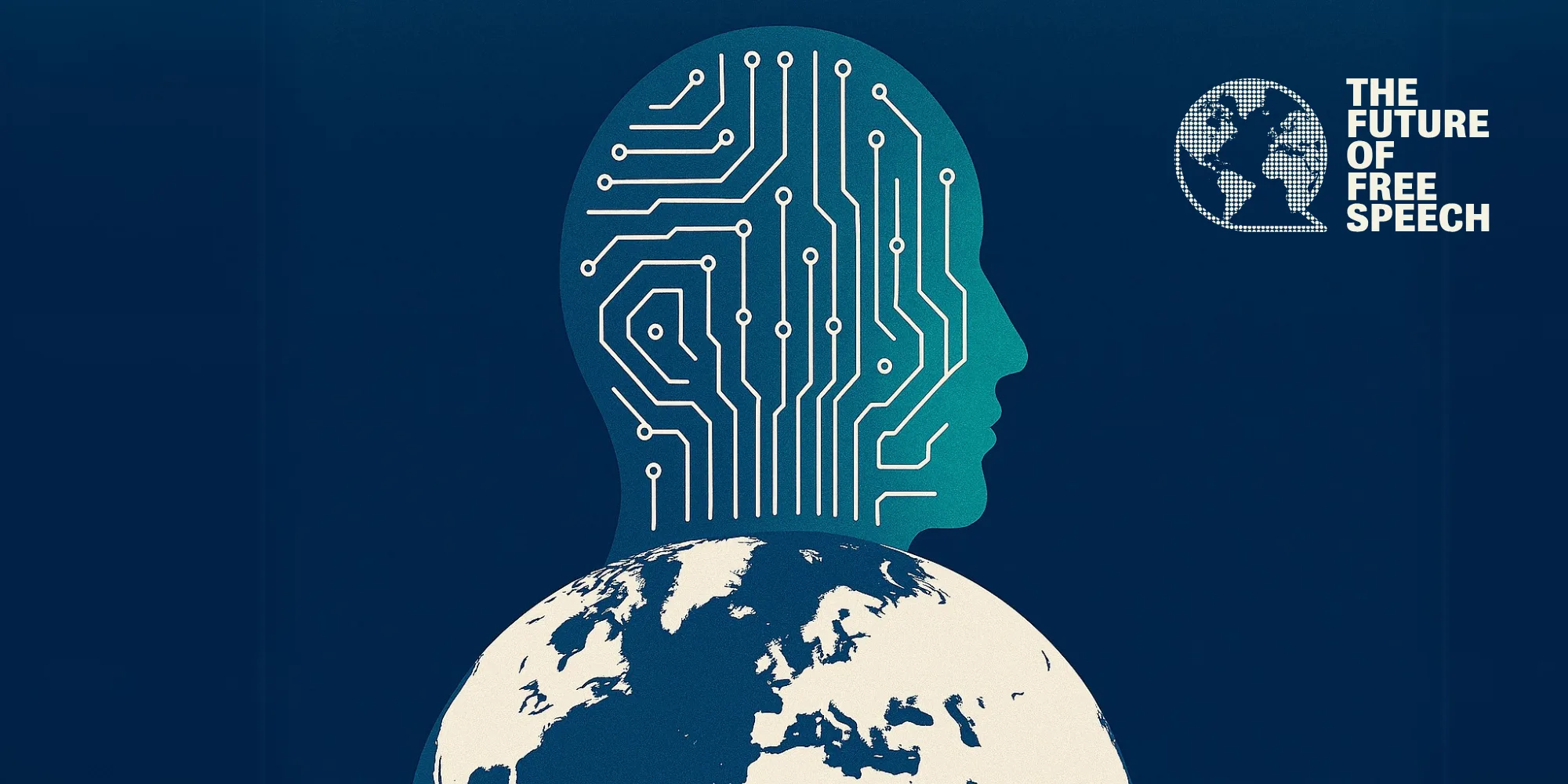Power of Recovery: Supporting Ukrainian Patients
Russia’s full-scale invasion of Ukraine has created an urgent need for advanced trauma care — including surgeries, prosthetics, rehabilitation, and psychological support. At the same time, the economic situation has severely limited access to medical and social services. According to the WHO, more than 35,000 people in Ukraine are in need of prosthetics, while Ukraine’s Ministry of Health estimates the number to be even higher — over 50,000. The majority of those injured are under the age of 40, with their whole lives ahead of them.
The psychological trauma, in addition to the physical injuries, is extensive — not least due to the stigma surrounding people with disabilities. It is therefore crucial that those affected receive the right conditions for both physical and mental care, enabling them to live active lives and avoid exclusion and isolation. Supporting war victims not only strengthens individuals, but also builds national resilience and hope for the future. SUPERHUMANS is committed to providing holistic care through personalized, multidisciplinary rehabilitation programs.
Through this project, SUPERHUMANS aims to combat social exclusion among individuals with war-related injuries, thereby reinforcing Ukraine’s resilience and optimism — essential foundations for the country’s recovery and reconstruction.
The project is supported with 2 340 000 SEK.
What happens in the project?
The project consists of two interconnected phases:
In the first phase, individuals in need of prosthetics are selected and invited for care after applying through the website. Each patient is assigned a dedicated team to help set personal goals and then begins a rehabilitation process that includes therapy, prosthetic fitting, and physical training.
In the second phase, specialists — including prosthetics experts, physiotherapists, occupational therapists, psychologists, and social workers — collaborate to support the patient’s physical and psychological recovery. This approach is known as a Multidisciplinary Rehabilitation Program (MDR), where the patient is considered the leader of the team and sets the goals for their own rehabilitation journey.
The center also introduces a “Peer to Peer” model, where former patients serve as mentors. These mentors provide support, act as a bridge between healthcare professionals and patients, and inspire through their own lived experiences.
After discharge, patients remain part of the Superhumans community through ongoing follow-up and networking.
Why is the project supported?
War-related injuries are deeply traumatic — both physically and emotionally. A holistic approach to rehabilitation not only strengthens well-being and improves quality of life, but also fosters a greater sense of belonging and connection to society. This is especially vital in the rebuilding of a nation after war.
Project time status
17%
This project started in August 2025 and ends in July 2026
For more information: https://superhumans.com/en/
